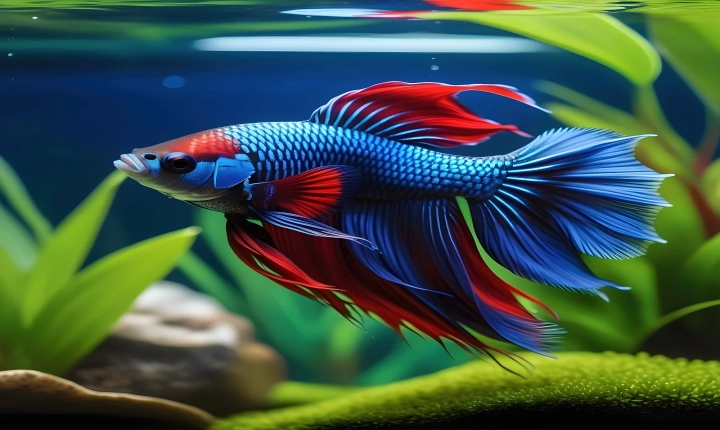With the rise of artificial intelligence (AI) technology, the artistic world has been both captivated and concerned by the emergence of AI-created art. As AI algorithms are becoming increasingly sophisticated, they are now capable of producing art that is not only visually appealing but also thought-provoking. However, this advancement in AI art raises a pressing legal question: is selling AI art legal?
The laws surrounding AI art and its commercialization are complex and evolving. One of the primary concerns is the issue of copyright. In many jurisdictions, copyright protection is granted to the creator of the work, whether it is a painting, sculpture, or any other original creation. The question then arises: who owns the copyright to AI-generated art? Traditionally, the artist or creator would hold the copyright, but in the case of AI art, the lines are blurred. Can an algorithm be considered the creator of the work, or does the human programmer who designed the algorithm hold the rights?
In the United States, copyright law does not explicitly address AI-generated art, leaving a significant gap in legal clarity. The Copyright Office has stated that copyrighted works must be created by a human, leading to uncertainty about the status of AI-generated art. However, some legal experts argue that as long as the AI program was initiated and guided by a human, the copyright should be attributed to the human creator. This interpretation is in line with the existing legal framework but lacks a clear legislative mandate.
In the European Union, the legal landscape is somewhat more defined. The EU Copyright Directive specifies that copyright protection is granted to the author of the work, defined as the person who creates it. This definition implies that AI-generated art may not qualify for copyright protection, as it lacks a human author. However, some member states, such as the UK, have proposed amendments to their copyright laws to address this issue, aiming to attribute copyright to the individual or individuals who trained the AI model or arranged the data used to create the art.
Another legal consideration in selling AI art is the protection of the public interest. Questions have been raised about the authenticity and originality of AI-generated works, and whether they should be treated the same as traditional art. Collectors and buyers of AI art may expect the same assurances of authenticity and provenance as with conventional artwork, leading to potential legal disputes if these expectations are not met.
Despite the legal uncertainties, the market for AI art is burgeoning. Galleries and online platforms are increasingly showcasing and selling AI-generated pieces, while artists and programmers explore new ways to collaborate with AI algorithms. This growing interest in AI art underscores the urgent need for legal clarity and regulation to protect the rights of creators and consumers.
To address these legal ambiguities, policymakers, industry stakeholders, and legal experts must come together to develop a framework that recognizes the unique nature of AI-generated art. This framework should clarify the legal status of copyright, establish guidelines for authenticity and provenance, and ensure that creators and consumers are adequately protected.
In conclusion, the question of whether selling AI art is legal remains open to interpretation, and the legal framework governing this burgeoning industry is still being shaped. As AI technology continues to advance, it is imperative that the legal landscape evolves to provide clear and equitable regulations for AI-generated art. Clarity in the law will not only protect the rights of creators and consumers but also foster the growth and innovation of this exciting new artistic frontier.
